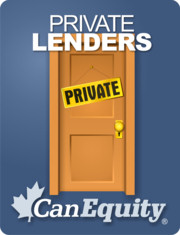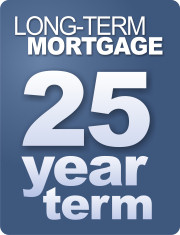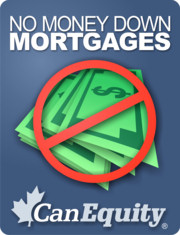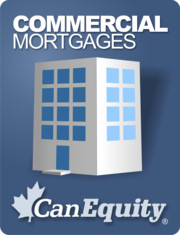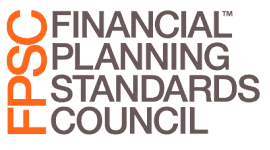When big lenders, banks, insurance companies, and other financial institutions say the wells are dry for commercial lending, another group of financiers offer a spring. Private commercial lenders, particularly in the US commercial mortgage market in Ontario, are increasingly becoming the go-to for hard-to-fund commercial projects.
Alternative, or non-traditional, commercial financing can mean funds loaned by wealthy individuals, investor capital pools, limited partners, mortgage investment corporations (MICs) or even hedge funds. Private lenders tend to charge higher interest rates than conventional commercial lenders, sometimes upwards of prime plus eight per cent, and fees of one to five per cent of the total loan value, but they also tend to take on projects that conventional lenders will not.
Continue reading “Private Commercial Lenders Provide Alternate Route for Commercial Funding”
